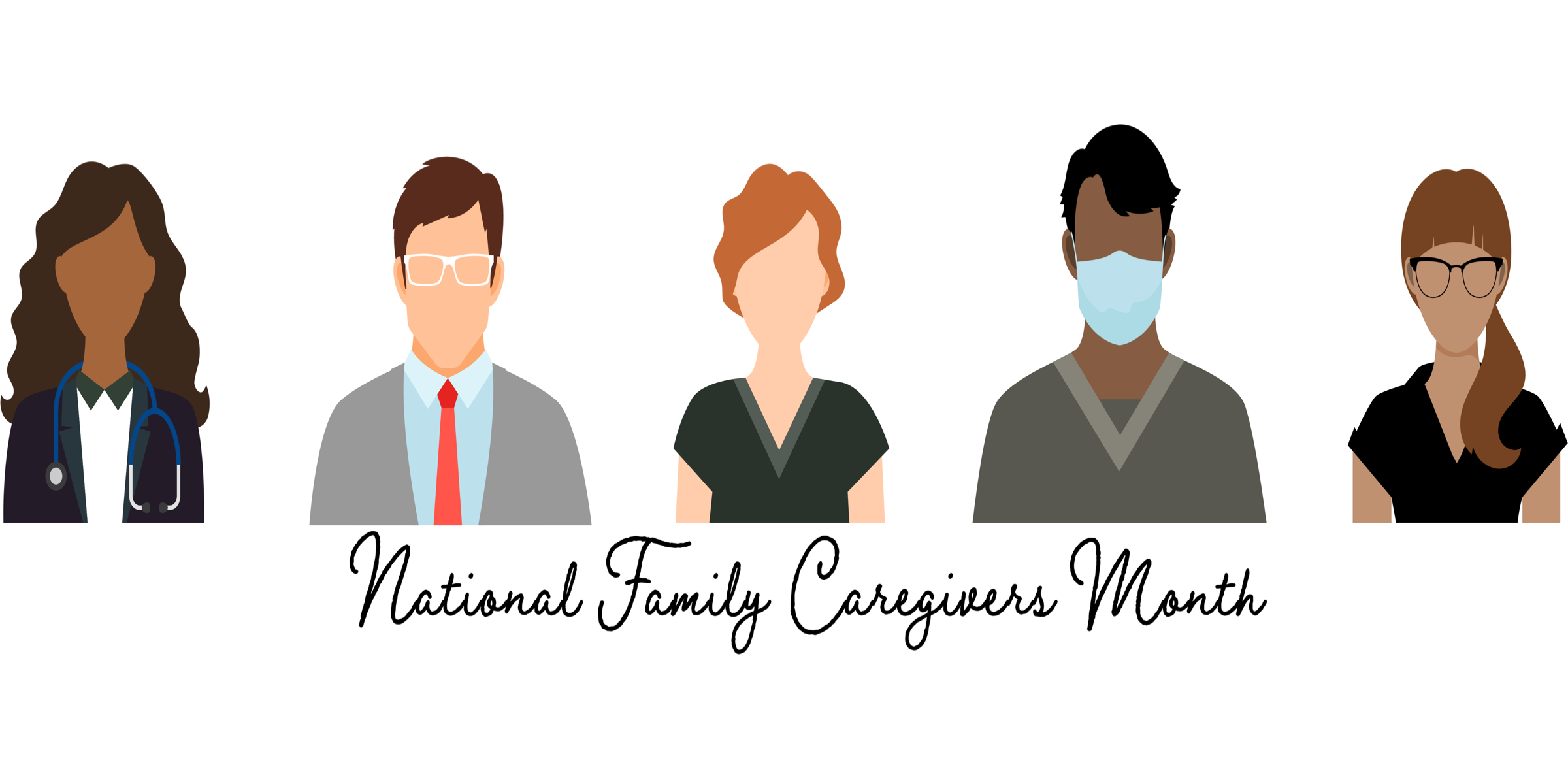AARP Hearing Center

Taking on the responsibility of being a family caregiver is an extraordinary task. Family caregivers provide a great labor of love every day by supporting aging parents, spouses, friends, and relatives to help them live independently and in the comfort of their own home.
Even in ordinary times, family caregivers undertake a daunting set of daily tasks. In the face of a pandemic, these responsibilities have expanded and become more complicated for many. As we continue through these unprecedented times, AARP New York continues to be at the forefront of fighting to support family caregivers and the loved ones they care for by advocating for more support and access to resources. To demonstrate our commitment to and appreciation of New York’s 2.5 million family caregivers, AARP New York is proud to celebrate National Family Caregivers Month this November and to pledge our continued advocacy for state funding for in-home services for the elderly, state authorization for paid home health aides to perform additional routine tasks, and caregiver tax credits – all of which alleviate physical, emotional, time-related and financial burdens on family caregivers.
According to a 2015 study conducted by AARP and the National Alliance for Caregiving, one in four caregivers is a millennial. Within this generation, 35% of caregivers are between the ages of 18-24, and 31% are between the ages of 25-31. This data is directly correlated to a more recent AARP study, conducted in September 2020, reflecting the impacts of being a student caregiver. The students who participated in the study identified as millennials pursuing a bachelor’s degree or higher while taking on the responsibility of caregiving.
This younger generation of caregivers is changing how we answer the question, “Who is a family caregiver?” More than half of millennial family caregivers are African American/Black, Hispanic/Latino, or Asian American/Pacific Islanders, making this new generation of caregivers the most diverse.
Millennial family caregivers provide an average of 21 hours per week in unpaid care – an annual economic value of $16,300 (based on a 2017 quantitative data analysis by AARP which approximates the New York hourly rate at $14.94). Of the student caregivers surveyed, 86% are employed at least part-time and are pursuing a degree while caring for loved ones. And seven of ten student respondents reported their concerns about their ability to afford school and continue providing care.
AARP New York successfully fought last year for an historic increase in state funding for cost-effective in-home services for the elderly – things like home-delivered meals and assistance with daily activities – which provide family caregivers with respite and support and help avoid unwanted placements in much costlier and mostly taxpayer-funded nursing homes. We will fight to protect that funding next year in these fiscally perilous times.
AARP New York is also advocating for a state caregiver tax credit, which would help offset the nearly $7,000 family caregivers spend on average each year to care for loved ones. The credit – as proposed in legislation (S5100/A7209) introduced in both the state Senate and Assembly - would provide up to 50% of eligible caregiving expenses, up to $3,500. And AARP New York is part of AARP’s national effort to support a federal caregiving tax credit, the Credit for Caring Act.
Connect with us and start the conversation about caregiving. Form your caregiving team. Make a plan. Find support. Care for yourself as well as others. And urge your elected officials to protect state funding for family caregiver-supporting in-home services for the elderlys.
Be sure to follow us on our social media channels for weekly posts supporting #NationalFamilyCaregiversMonth.
Facebook: AARPNY and AARPLongIsland
Twitter: AARPNY and AARPLongIsland
Instagram: AARPNY































































